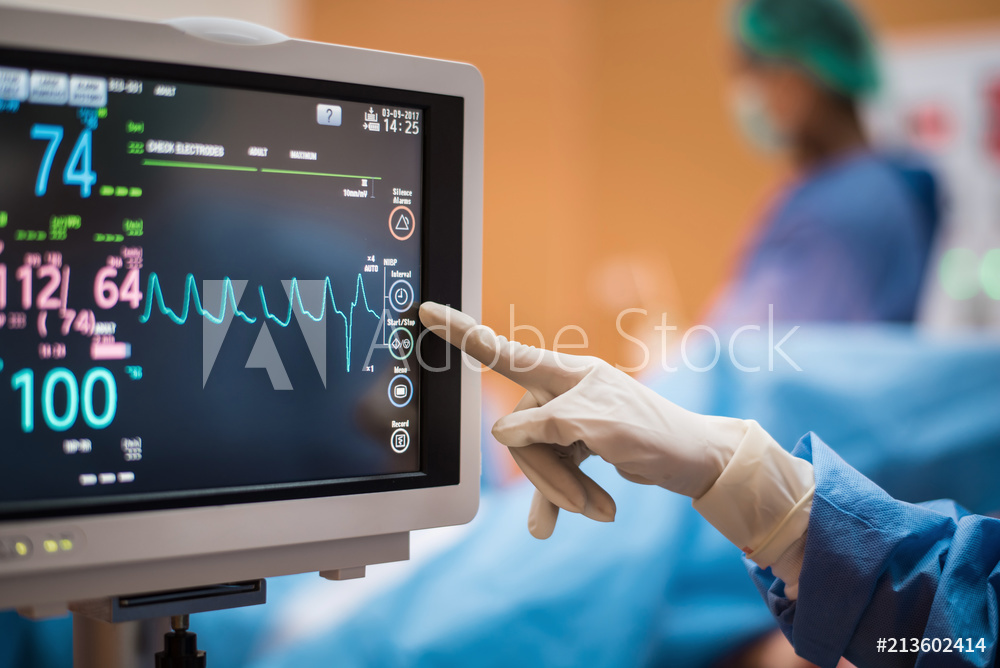EKG or ECG records the electrical activity of the heart by attaching electrodes to the patient’s chest, arms and legs. It is usually performed in the doctor’s office or in emergency rooms. It records heart rhythm and gives a lot of useful information to the doctor. It may provide evidence of previous heart attacks or may even indicate previous silent heart attack. It may detect arrhythmias such as atrial fibrillation.
For further monitoring of heart rhythm, long-term heart monitors may be recommended. Continuous monitoring of the heart at home or at work can be achieved. 24 hour or 72 hour or weekly monitoring may be recommended.

